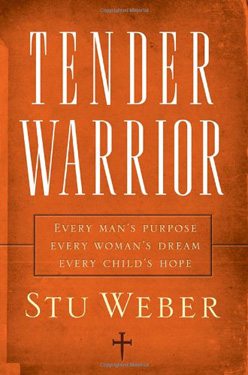So…in all that I see in your site, is homosexuality wrong?
Why do you care?
Do you not have lives?
I know that Jesus Christ the Lord loves me for being gay, because he made me that way and each one of us in his image!
So…in all that I see in your site, is homosexuality wrong?
Homosexual behavior is sin, because it is unholy and not God’s intent. Having homosexual feelings is not wrong because nobody has any choice over that.
Why do you care?
Because God cares.
Because the world is telling us a lie, that this destructive behavior is normal and good and desirable, but people are dying from it in both body and soul.
Because there is hope for change and healing, but lots of people don’t know that.
Because this is an area where there is SO MUCH pain, both in the lives of those dealing with same gender attraction and in the lives of the people who love them.
Do you not have lives?
Yes, we have lives. But we are committed to what God has called us to, which is proclaiming the truth of His word and its perspective on our culture. Part of that is providing a biblical perspective on homosexuality. Particularly because there is a definite agenda of people whose purpose is to change the culture’s view of homosexuality to one that is diametrically opposed to what God says. We can’t oppose God without destructive results, so at Probe we are offering the truth to combat the lie that’s out there about this issue.
I know that Jesus Christ the Lord loves me for being gay, because he made me that way and each one of us in his image!
You’ve got two out of three right!! <smile> He sure does love you. He not only loves you, but He LIKES you, and proved it by dying for you. He DID make each of us in His own image, which makes us all infinitely valuable and precious, an absolute masterpiece.
But He doesn’t love you for being gay, He loves you for being His creation. He didn’t make you gay. He wouldn’t condemn it if He had! You may have always felt different, and you may have been told that you’ve always been gay, but that doesn’t make it true. For example, have you always been an English speaker? You are now; have you always been? Well, no, when you were born you were programmed for being a LANGUAGE speaker, but not necessarily an ENGLISH speaker. If you had been born and raised under different circumstances, you might have been an Indian speaker or a French speaker or a Swahili speaker.
In the same way, if different circumstances had happened to you, you could well have been different—sensitive? emotional? not real physical?—but identified yourself as creative and emotionally gifted but not gay. Like King David in the Old Testament.
A lot of research has examined the contributing factors of homosexual orientation. It seems to be primarily relational.
Which is why thousands of people have discovered that an intimate relationship with the Lord Jesus is bringing healing to those relational wounds that made them think they were gay in the first place, and they are changing from the inside out. If you’re ever interested—if you get to the point where life isn’t working for you and being gay just isn’t making you happy, like you hope it will—I can give you more information.
The Lord bless you and keep you.
Sue Bohlin
Probe Ministries
